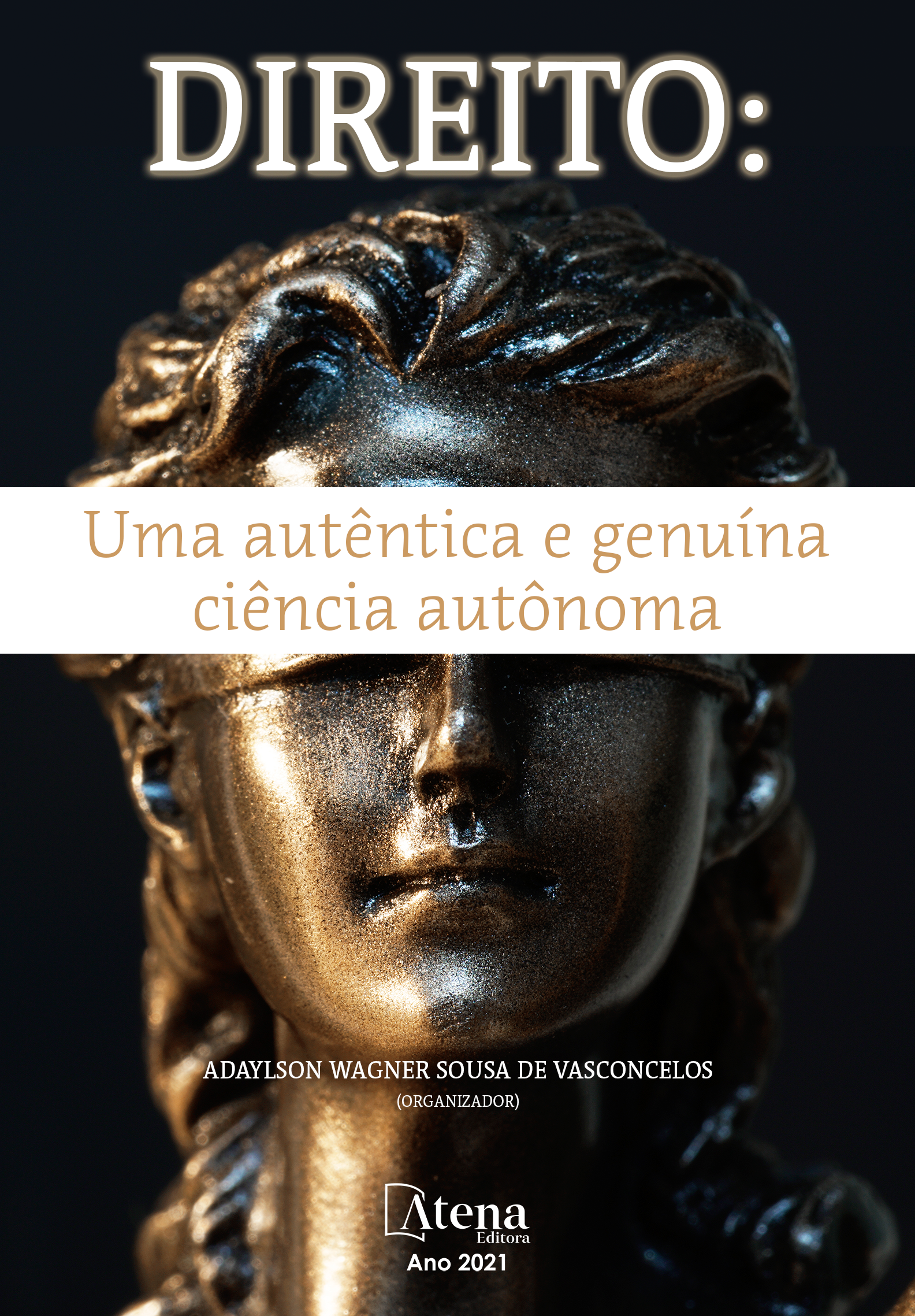
OS SABERES DA FLORESTA VIRANDO FULIGEM: SERIAM AS PARTEIRAS BENANDANTI?
Este trabalho, utilizando-se de revisão bibliográfica, tem por objetivo revisitar as práticas das parteiras da Amazônia, mulheres da floresta e das águas portadoras e reprodutoras de saberes de cura, aparadoras da nova vida nos quilombos, aldeias indígenas, comunidades ribeirinhas, conectando-as ao conjunto de práticas desenvolvidas por mulheres relatadas pelo historiador Carlo Guinzburg, em Andarilhos do Bem, História Noturna e O Queijo e os Vermes, no contexto da inquisição promovida pela Igreja Católica. Coleciona relatos dos processos e acontecimentos envolvendo aqueles que foram identificados em práticas consideradas de feitiçarias e por estas práticas eram condenados à fogueira. São apresentados os Benandanti, que eram homens, mulheres e duendes que em noites de lua cheia saiam para batalhas noturnas. Havia um culto agrário, culto da fertilidade da terra, que no relato das três obras de Carlo Guinzburg serão catalogados como as práticas do Saba, em ritos de judeus, mulçumanos, bruxas, hereges etc. Entrelaçam-se as histórias destas mulheres bruxas e das parteiras de comunidades do interior da Amazônia, revelando uma ordenação de saberes, uma riqueza de detalhes, procedimentos, tempos, registros orais de uma hierarquia de fazeres, envolto nos mistérios ancestrais, espirituais, que inquietam como na inquisição, a resistência e a simplicidade da vida das famílias das comunidades ribeirinhas que tanto em tempos de inquisição quanto em tempos de higienização, tiveram estes saberes questionados, confrontado pelo conhecimento acadêmico que se articula nas atividades das políticas públicas de Estado e entra nas comunidades de forma invasiva, fundamentado na desconfiança que os mistérios ancestrais carregam e as relações sobrenaturais travadas por estas mulheres. Engedram no seu ofício de partejar conhecimentos biomédicos, utilização da ferramenta medicamentosa alopática e vão sendo transformadas em cinza as práticas ancestrais, tornando fuligem os conhecimentos tradicionais.
OS SABERES DA FLORESTA VIRANDO FULIGEM: SERIAM AS PARTEIRAS BENANDANTI?
-
DOI: 10.22533/at.ed.44721011010
-
Palavras-chave: Mulheres bruxas. Mulheres parteiras. Políticas Públicas. Tradicionalidade
-
Keywords: Women witches. Women midwives. Public policies. Traditionality
-
Abstract:
This essay, using a literature review, aims to revisit the practices of midwives in the Amazon, women of the forest and the waters, bearers and reproducers of healing knowledge, providers of new life in quilombos, indigenous villages, and riverside communities, connecting them to the set of practices developed by women reported by historian Carlo Guinzburg, in Andarilhos do Bem, História Noturna and O Queijo e os Vermes, in the context of the inquisition promoted by the Catholic Church. He collects accounts of the processes and events involving those who were identified in practices considered witchcraft and for these practices were condemned to be burned at the stake. The Benandanti, who were men, women, and elves who, on full moon nights, would go out to fight nightly battles, are introduced. There was an agrarian cult, a cult of the fertility of the earth, which in the account of Carlo Guinzburg's three works will be catalogued as the practices of the Saba, in rites of Jews, Muslims, witches, heretics, etc. The stories of these witches and the midwives from communities in the interior of the Amazon are intertwined, revealing an ordering of knowledge, a wealth of details, procedures, times, oral records of a hierarchy of deeds, wrapped in ancestral, spiritual mysteries that disturb, as in the inquisition, The resistance and simplicity of life of the families from the riverside communities that both in times of inquisition and in times of hygienization, had this knowledge questioned, confronted by academic knowledge that is articulated in the activities of public policies of the State and enters the communities in an invasive way, based on the distrust that the ancestral mysteries carry and the supernatural relationships that these women have. They engage in their craft of midwifery with biomedical knowledge, using the allopathic medicine tool, and the ancestral practices are being transformed into ashes, turning traditional knowledge into soot
-
Número de páginas: 16
- Lilian Regina Furtado Braga
- MARIA EDINALVA SOUSA DE LIMA


